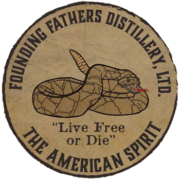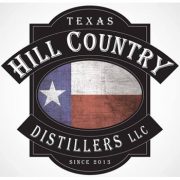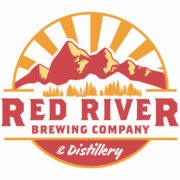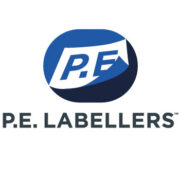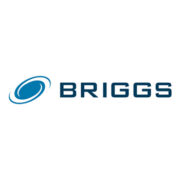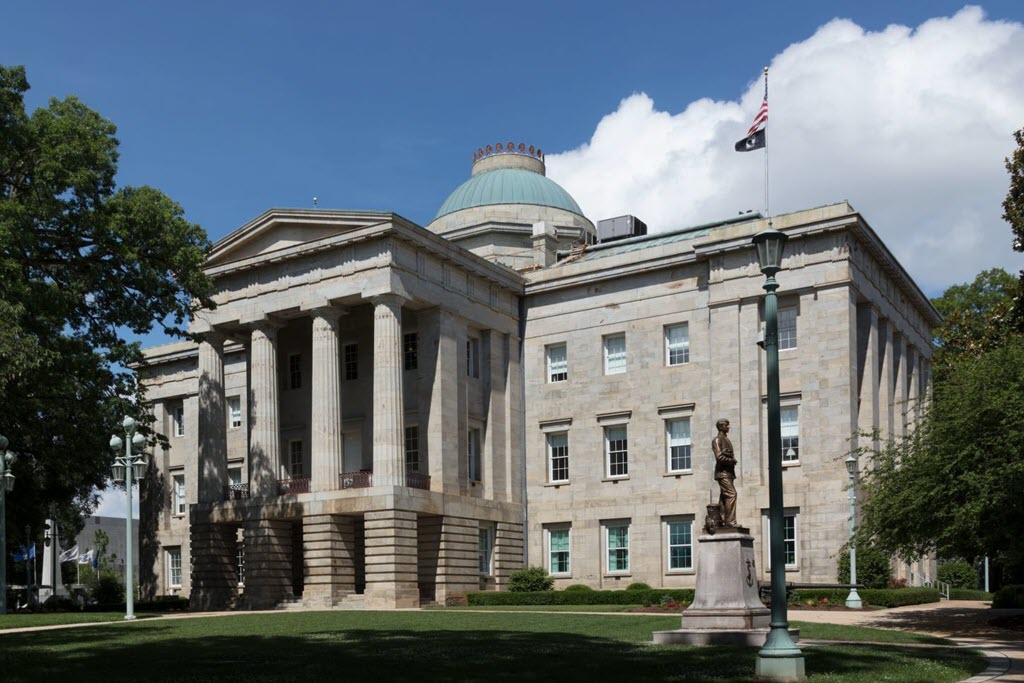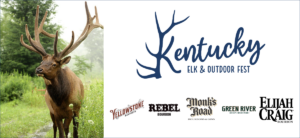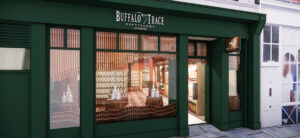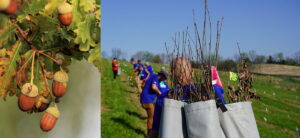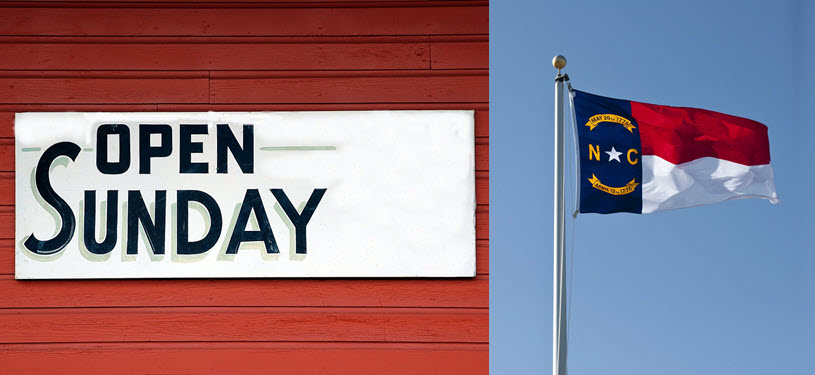
Imagine this. It’s a sunny Sunday afternoon and you decide to visit your favorite North Carolina distillery. You take a tour; you learn the history of the distillery and then you finally get to enjoy a sample of the spirit you’ve been hearing about for the last 45 minutes. You taste it and you’re all in. On the way out they walk you through the gift shop and you pick up a bottle of the locally made craft spirit to take home. You walk up to the cash register and the person that just gave you the tour says, “Sorry, we can’t sell spirits on Sunday.” What?
That’s been the case in North Carolina since the end of Prohibition but beginning October 1, 2021, that all changes. This and several other significant changes are about to make craft spirits makers and their fans in the Tar Heel State very happy.
Stay Informed: Sign up here for the Distillery Trail free email newsletter and be the first to get all the latest news, trends, job listings and events in your inbox.
The 2021 legislative session has been very productive for the Distillers Association of North Carolina. On August 23rd North Carolina Governor Roy Cooper signed HB 366 followed by HB 890 on September 10th.
Probably the most impactful change from the two new laws will be the fact that North Carolina distilleries can sell distilled spirits on Sundays.
“Many craft distillers in North Carolina made the decision to close on Sundays because it wasn’t fiscally sound to keep our doors open when we couldn’t sell our product,” said President of the Distillers Association of North Carolina and Co-Founder of Southern Distilling Company Pete Barger.
“For those that decided to stay open, disappointed consumers were forced to go home empty handed when visiting on Sundays without realizing they were prohibited from buying a bottle on that day. With this new law allowing Sunday sales, we plan to open our doors and welcome in consumers seven days a week. The added revenue will be a huge relief following the harsh economic impacts we continue to endure from the pandemic.”
“Allowing distillers to sell their products seven days a week is a great first step towards modernizing the spirits marketplace in North Carolina,” said Distilled Spirits Council of the United States – DISCUS Senior VP and Head of State Government Relations David Wojnar. “Sunday is the second biggest shopping day of the week, and now, distilleries can get in on the action and share their great products with consumers.”
There are now only six states that do not allow the sale of spirits on Sundays from off-premise retailers including Alabama, Mississippi, Montana, South Carolina, Texas and Utah.
North Carolina’s HB 366 and HB 890 Distilled Spirits Highlights
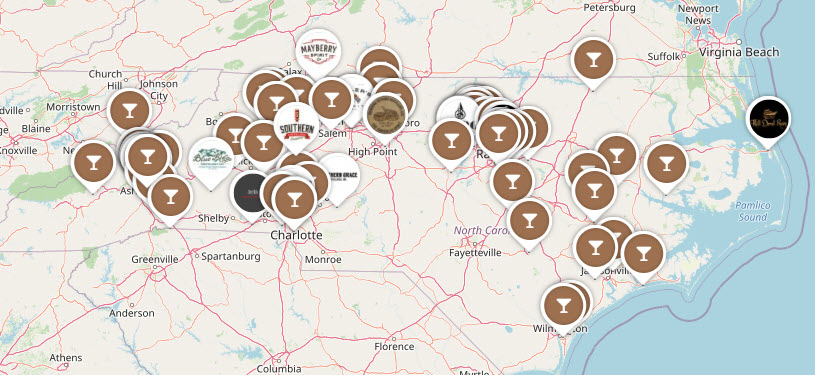
These two bills include many game changers for North Carolina distillers and their fans. We reached out to Barger and Executive Director for the Association Carol Shaw to get the highlights of the two bills.

Sunday sales of distilled spirits at the distillery will be allowed beginning October 1, 2021. Distilleries will now be able to sell distilled spirits at the distillery between the hours of 9:00 A.M. and 9:00 P.M. Monday through Saturday of each week and from 12:00 noon to 9:00 P.M. on Sundays. And, if they choose, distilleries may sell spirits from 9:00 A.M. to 9:00 P.M. on each of the following holidays that do not fall on a Sunday: New Year’s Day, Fourth of July, Labor Day, and Thanksgiving Day.
It’s important to point out that as a control state North Carolina ABC stores will remain closed on Sundays. If you think about it, this is a double win for distilleries. If someone wants to purchase spirits on a Sunday, a distillery will be the only place to make a purchase.

Direct to Consumer (DTC) shipping will be allowed beginning September 1, 2021. To be clear, this law has some fine print. North Carolina distilleries are now allowed to sell distilled spirits to consumers in other states but other states cannot ship distilled spirits to N.C. residents. In addition to that, N.C. distillers can ship products interstate (out of state) but they are not allowed to ship spirits intrastate (in-state). Therefore, if another state requires reciprocity then N.C. distilleries cannot ship to that state. Distillers will have to obtain a permit for each state they want to ship to. The Association is working on finalizing this list of authorized states. We’ll update this story once that list is available.

The new bill creates the North Carolina Spirituous Liquor Advisory Council. In the past, distilleries were thought of as production facilities for distilled spirits. In today’s world distilleries not only produce spirits they are also cocktail bars, restaurants, tourist destinations and part of the local community. They purchase local grains, local produce and are part of the local economy. The newly created council is being created to compliment all these activities.
The law says, “The Commissioner shall appoint a North Carolina Spirituous Liquor Advisory Council (Council) to consist of individuals who have education or experience in the spirituous liquor industry or in the field of tourism. The membership shall be comprised of members of the spirituous liquor industry in North Carolina, at least one representative of the North Carolina Restaurant and Lodging Association, at least one representative of the North Carolina Association of ABC Boards, at least one representative of the ABC Commission, and any other person selected by the Commissioner. Notwithstanding any other provision of law, Council members shall receive no salary, per diem, subsistence, travel reimbursement, or other stipend or reimbursement as a result of serving on the Council.”
The goal of the council is to improve North Carolina’s rank as a spirituous liquor-producing State, increase public awareness of the quality of North Carolina spirituous liquor, interact with other segments of the State’s economy such as tourism, retail trade, and horticulture, identify problems and constraints of the spirituous liquor industry, proposes solutions to those problems, and delineates planning mechanisms for the orderly growth of the industry and render advice and recommendations, including legislative recommendations, to the Commissioner regarding all of the above powers and duties.
“The new Council is administered by the Department of Agriculture,” said Barger. “It’s the first time that a board has ever been created that exists outside of the ABC commission that allows all the stake holders to sit down at the table, kind of break bread together, to talk about issues. This is something we’ve been seeking for a long time and it’s a really big deal. There will be space on there for folks concerned about social policy, there will be space on there for public health advocates, there will be space for producers like myself, for distributors and for the board. It’s a pretty big deal to be able to get all these people together to talk about issues before we have to debate them on the Senate floor.”

Social Districts will be created that will define outdoor areas in which a person may consume alcoholic beverages while walking between multiple locations.
Barger provided the following example of how Social Districts will work.
“If I go from one mixed beverage establishment to another. If I’m in downtown Ashville and I’ve got a distillery and a bar and another distillery I can’t carry my cocktail from one place to the next, it’s illegal. But now, the city of Ashville can create a Social District that allows consumers to freely move within that District with mixed beverage, beer, wine, or spirits without any issue. It’s a big deal for people who are in downtown cities like Ashville, Charlotte, Durham, Raleigh, etc.”

Online Ordering may be offered by ABC stores for in-store pickup. The new law says an “ABC store may accept an online order, including payment, for alcoholic beverages sold in its store.” Online orders will then be picked up at the ABC store and the buyer must show identification showing proof of at least 21 years of age. There are more than 170+ local boards across the state so it will take some time before this gets across the board implementation.

Personalized labels can be offered on distilled spirits bottles. Personalized bottles may say things like “Bottled for,” “distilled for,” “in honor of,” or other similar language. It may also include custom dates, locations, occasions, and other similar information. The name of the purchaser of the bottle or the name of any individual, business entity, club, ABC Board, or ABC store on whose behalf the bottle is purchased may appear on the personalized label.

Distilleries may sell mixed beverages or spirits at events. The new law says “Distilleries may sell mixed beverages or spirituous liquor in closed containers at trade shows, conventions, agricultural festivals, farmers markets, local fund-raisers, and other similar events approved by the Commission. The sale of mixed beverages at special events limited to one per customer per calendar day. A distiller may also provide at no cost one 50ml mini-bottle per customer per calendar day at special events.” This law takes effect December 9, 2021.
Congratulations to the Distillers Association of North Carolina and amazing progress they’ve made during this year’s session.
We’ve covered the highlights of the new bills in this story. If you would like to do a deep dive into the details, you can read the entire HB 366 and HB 890 here.
View all North Carolina Distilleries.
View all U.S. Distilleries.
Please help to support Distillery Trail. Sign up for our Newsletter, like us on Facebook and follow us on Instagram and Twitter.



